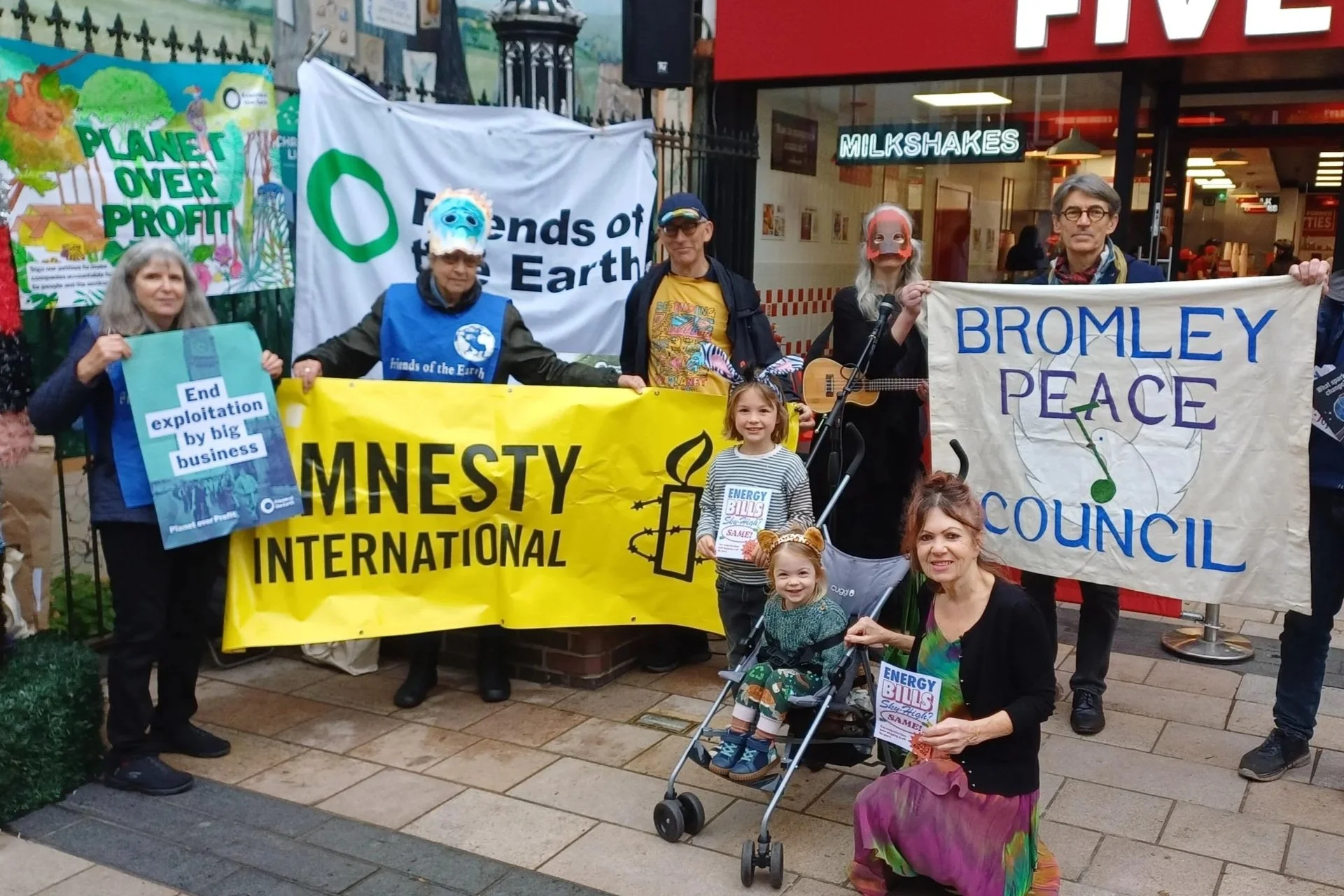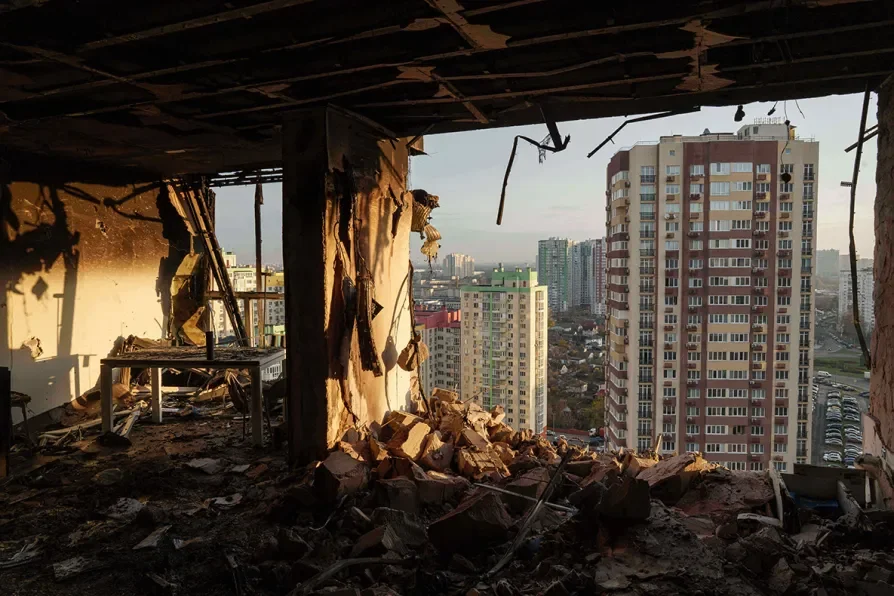Tower Hamlets CND, which will be celebrating its 60th anniversary next year, held a meeting at Whitechapel Library on 8th November. The main focus was to discuss the aim of reaching out to other organisations* with similar aims, both inside and outside the borough, with a view to the reciprocal dissemination of information about campaigns, events and matters of general interest.
This forum was described as a ‘Network for Peace’ with the primary strands being social justice, sustainability and peace.
The Chair of THCND, Phil Sedler, explained that he had contacted several organisations about the meeting and that some had expressed interest in the project, whilst not being in a position to send a representative to this initial brainstorming.
It was emphasised that this focus for other groups within the borough would have an informal structure which it was agreed is preferable to many, in particular the young. Carol Turner from London CND and Georgia Elander, staff member, hope to enthuse people to participate and will lend administrative support until the end of February, by which time the group should have found its feet.
The importance of social media was highlighted, and LCND are offering to organise and run a workshop on using technology, including how to set up a Facebook page, using Twitter, advertising events, etc.
The Chair explained that some thought had been given to data protection issues and it was important that each organisation be approached by one of their own members - a cascade of information was a useful analogy.
Having discussed various ways of organising the coalition, two immediate aims were identified:
Individuals within groups need to be contacted, so any personal contacts would be helpful
It was agreed that a social before Christmas would provide an opportunity for further sharing of ideas and insights
GE will send out the initial email inviting organisations to join and a second with details of the social.
THCND’s next meeting will be on 10th January 2019 at Kingsley Hall and the AGM will be on Thursday 2nd March.
Report by Kate Cryan, London CND member





